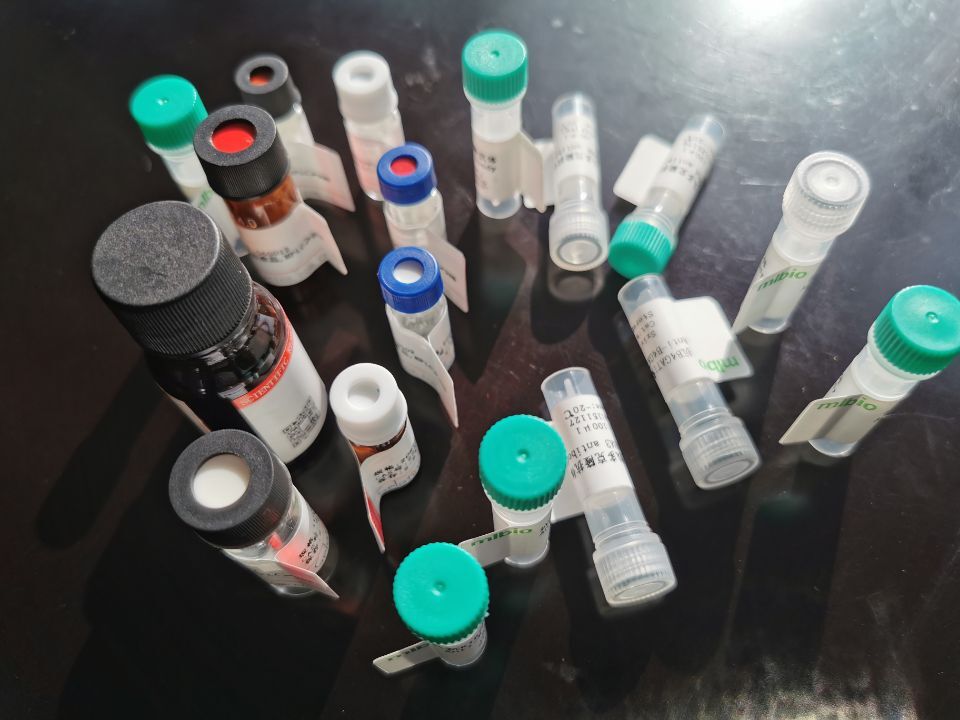|
Fusion protein corresponding to a region derived from 23-226 amino acids of human SLAMF7 |
Full name:
SLAM family member 7
Synonyms:
19A; CS1; CD319; CRACC
Swissprot:
Q9NQ25
Gene Accession:
BC027867
Purity:
>85%, as determined by Coomassie blue stained SDS-PAGE
Expression system:
Escherichia coli
Tags:
His tag C-Terminus, GST tag N-Terminus
Background:
Self-ligand receptor of the signaling lymphocytic activation molecule (SLAM) family. SLAM receptors triggered by homo- or heterotypic cell-cell interactions are modulating the activation and differentiation of a wide variety of immune cells and thus are involved in the regulation and interconnection of both innate and adaptive immune response. Activities are controlled by presence or absence of small cytoplasmic adapter proteins, SH2D1A/SAP and/or SH2D1B/EAT-2. Isoform 1 mediates NK cell activation through a SH2D1A-independent extracellular signal-regulated ERK-mediated pathway (PubMed:11698418). Positively regulates NK cell functions by a mechanism dependent on phosphorylated SH2D1B. Downstream signaling implicates PLCG1, PLCG2 and PI3K (PubMed:16339536). In addition to heterotypic NK cells-target cells interactions also homotypic interactions between NK cells may contribute to activation. However, in the absence of SH2D1B, inhibits NK cell function. Acts also inhibitory in T-cells (By similarity). May play a role in lymphocyte adhesion (PubMed:11802771). In LPS-activated monocytes negatively regulates production of proinflammatory cytokines (PubMed:23695528).
 購物車
購物車 幫助
幫助
 021-54845833/15800441009
021-54845833/15800441009
